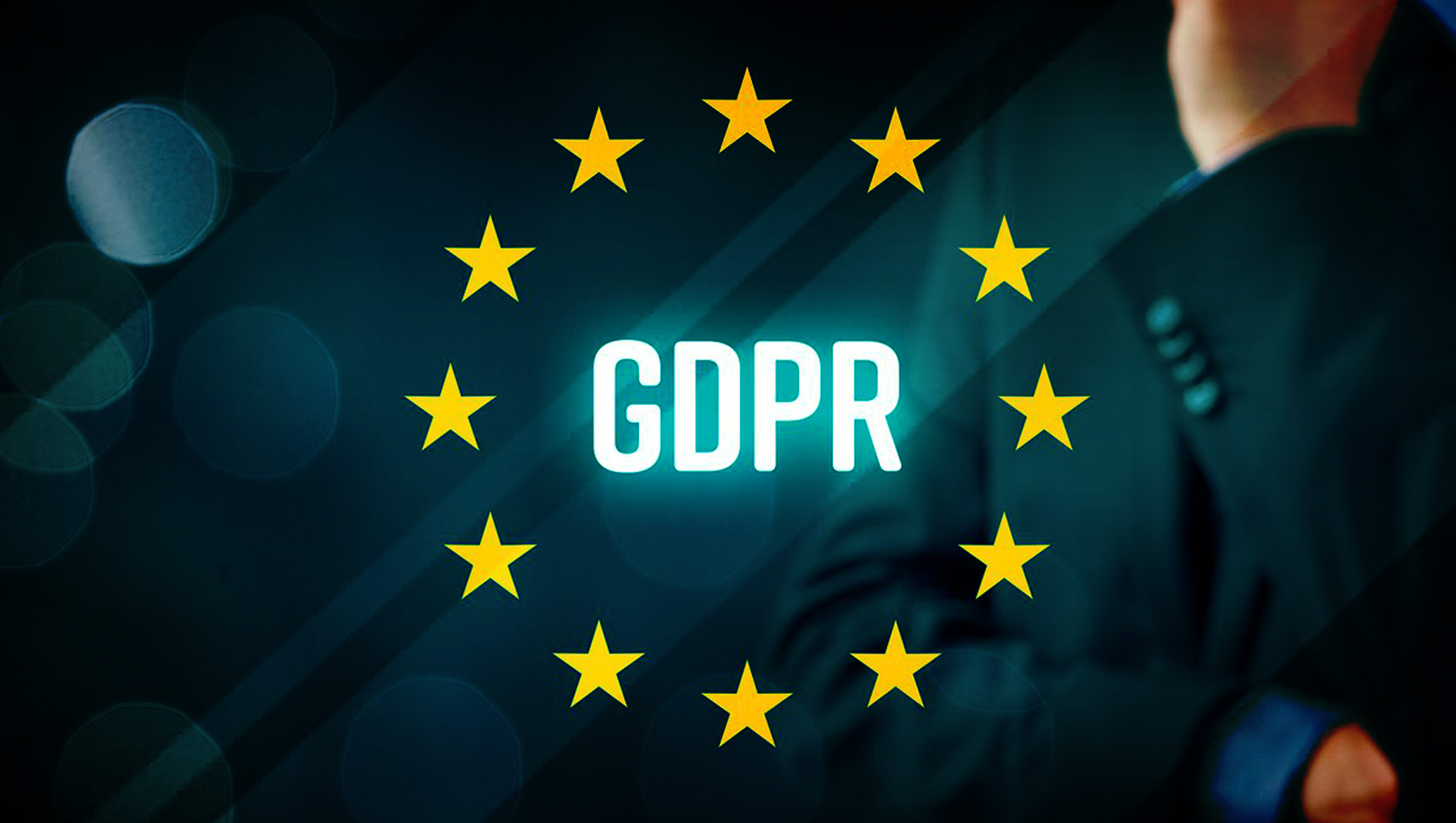More than 18 months ago, GDPR was released into the EU statute books as a set of enforceable laws. Do you remember the ridiculous frenzy at the time? It was as if the world was going to come to an end if we hadn’t emailed all of our customers to get them to re-opt in again! The level of panic has been compared to that of the 1999 fear-based epidemic Y2K where the world was going to end because computer systems could not handle the date change to 2000.
While GDPR and Y2K evoke high anxiety, there is a major distinction: GDPR is a real legislative approach to adopt better privacy laws to which most consumers and marketers aspire. Unlike tabloid headlines, companies will not be fined millions of dollars for a small infringement. Let’s leave that to the Facebooks, Googles and British Airways of this world!
The intent of GDPR has and continues to be to encourage companies to move in the right direction. That is, respect the privacy of the individual consumer and put in place appropriate systems that facilitate this. This conversation is particularly timely, now that we are also a few months before the new Californian Consumer Privacy Act (CCPA), which comes into play on January 1, 2020.
As you’ve gathered, I am a GDPR fan. What’s holding it back is its complexity and an understanding of the value it brings to the table. With CCPA being so similar many of our clients have begun to apply GDPR as an all-encompassing global policy. This avoids the cost of individual country applications and a unified global voice.
Customer Preference Rules
The key to all of this from a marketing point of view is establishing a customer preference center. These are so easy to manage as a contact profile on your CRM system with inputs predominantly coming from three main areas:
- Website traffic from inbound prospects
- Email campaigns
- Data on Sales reps’ mobile device
It’s easy to get overwhelmed with all the options available today – A simple approach should include your customer’s preferred channels of communication such as phone, email, text, etc. And updates from you on products and services should be disseminated according to what your customers have asked to receive, i.e. their unique areas of interest.
Like other aspects of Sales and Marketing, it’s essential to have a central CRM system so that other requirements of GDPR can be handled easily – Some of these requirement include ‘subject data access’ requests, where the customer asks to see what information you have collected in your database and the ‘right to erasure’, which is a request to delete personal data.
Beware of Mobile
You might be surprised by the mention of your Sales teams’ mobile devices as part GDPR, but it’s a huge area of risk. This overlooked aspect of data management is where large chunks of personal contact data are stored without any opt-in requirements.
Once again, mitigating this risk is easy when driven by Salespeople who guide the customer through the preference center so they receive their desired contact format and level – This 1:1 personalized interaction is comparable to meeting with clients face-to-face at a tradeshow or other venue.
ABCs of GDPR
With just a few easy steps, a company can embrace GDPR in a positive, Sales supporting way. First, we recommend you appoint a Data Protection Officer or DPO. Who you choose is critical. They mustn’t be seen as an enforcer, as their role is to educate, encourage and demonstrate tangible benefits of an opt-in customer program. If this person is seen as a police, loopholes will be sought and the program will fail.
Once your DPO is chosen, classic marketing initiatives should flow smoothly:
- Single, profiled view of the customer
- Integrated Marketing Automation, Social Media, Contact Center system feeding back into a central CRM solution
- Mobile devices included as part of the system
In our experience, few companies have embraced GDPR in a positive way in terms of people, process and technology. When these three areas are in sync magic happens and both companies and customers win. GDPR, CCPA, and other legislations are here to stay and come with big business benefits. Now is the time to embrace the change or be left in the dust.
Read more: 4 Tips for Scaling Your Event Programs in the GDPR Era












Comments are closed.